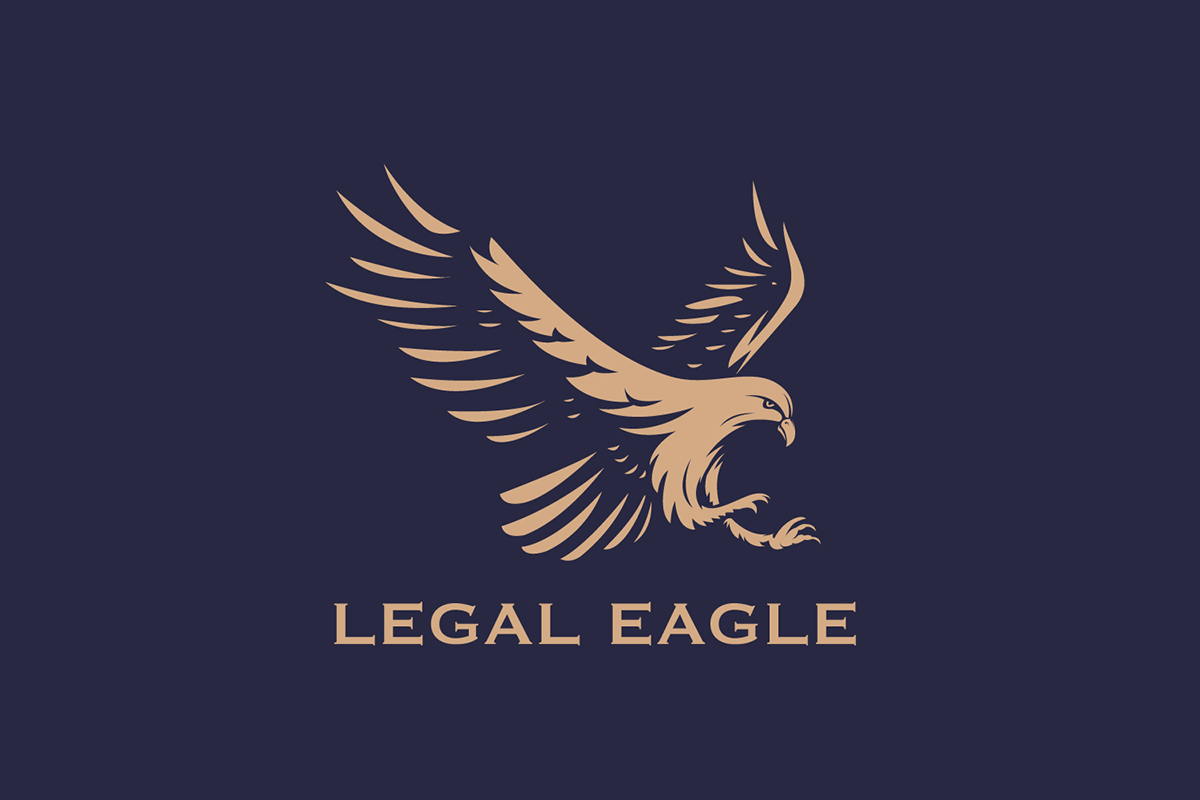Hidden disabilities – pitfalls for employers
From Menzies Law
Hidden disabilities are becoming an increasing risk for employers. Recently, Menzies Law has seen an increase in employers defending disability discrimination claims in the Employment Tribunals from employees who did not disclose that they had any disability at the time of the events they are complaining of. In some cases, they had not even been diagnosed at the time with the condition that they later use for their disability claim. We refer to such cases as ‘hidden disability’ claims because of the fact that the (alleged) disability was not disclosed to the employer at the time.
Under the Equality Act 2010, a person is classed as ‘disabled’ if they have a physical or mental impairment which has a “substantial, long-term adverse effect on their ability to carry out daily activities”.
Most mild and/or short-term medical conditions will therefore not count as a disability (e.g. the flu, a broken leg, short-term anxiety, recovering from an operation). But any condition that does impact on basic day-to-day activities and lasts 12 months (or is likely to do so) will come within the disability definition - and sometimes this can surprise an employer.
The problem for employers
The difficulty, and growing legal risk, for employers is where they have not been told of the condition. Either they’ve not been told about it at all or not been informed of its severity, extent and/or long-term nature.
Sometimes an employee will claim that in fact their employer did know of their condition but failed to appreciate it was a disability. Sometimes they will claim that their employer did not know many details of their illness but knew enough to have put the business under a duty to investigate further (e.g. ask for a medical report).
Increasingly, common ‘hidden’ disabilities are mental health issues (e.g. anxiety and depression) or psychological problems, such as Asperger’s, autism, dyslexia and ADHD (often collectively called ‘neurodiversity’).
Deemed to know
An employer can be liable for disability discrimination if it either knew of the disability or did not directly know but ‘could reasonably have been expected to know’ from the warning signs it was aware of. We call this having ‘constructive knowledge’ of a disability. Either knowledge or constructive knowledge then creates the risk of a potential disability discrimination claim. Genuine and complete lack of knowledge is usually a complete defence to such a claim.
It’s worth remembering that this extends to job applicants, apprentices and contract/agency workers, as well as current employees.
Tips for employers
Employers are expected to take reasonable steps to find out if a worker has a disability, if they can see some warning signs. Here are some tips that could help:
- With every disciplinary, poor performance meeting or dismissal, ask yourself “could there be any mental health or neurodiversity issue here?”
- With potential sickness warnings or dismissals, have you investigated the condition sufficiently?
- Early intervention is a distinct advantage. The earlier you spot a disability the better the outcomes for all
- Familiarise yourself with the signs of neurodiversity. The CIPD website has a very helpful paper called ‘Neurodiversity at Work’.
- Consider taking occupational health advice (this can be confidential advice to you only if preferred).
- Have good policies and practices in place, especially an up to date (and internally publicised) equality policy. Equality training is also a wise investment.
- Consider investing in mental health first aid and basic neurodiversity awareness training for all managers.


